Thinking about running E85 in your Honda Civic? Well, hold on a minute. Before you make the switch, there’s something you need to know. What Do I Need to Run E85 in My Civic?
E85, which contains 85% ethanol, is not recommended for Honda engines. In fact, using fuels with ethanol or methanol percentages higher than 10% (E10) can lead to starting and performance issues. So, if you’re wondering if your Honda Civic can take E85, the answer is a firm no.
Ethanol is known for its corrosive properties, and using a fuel with such a high ethanol content can have negative consequences for your engine. While some vehicles are specifically designed to run on E85, Honda Civics are not among them.
So, if you want to avoid potential problems and keep your Civic running smoothly, it’s best to stick with fuels that have lower ethanol content.
Table of contents
What is E85?
E85 is a type of fuel that contains a blend of 85% ethanol and 15% gasoline. It is commonly used in flex-fuel vehicles, which are designed to run on both gasoline and ethanol-based fuels.
However, it’s important to note that E85 should not be used in Honda engines.
Here’s some key information about E85:
It’s essential to follow the manufacturer’s recommendations regarding fuel compatibility to ensure optimal performance and avoid any potential issues.
If you’re unsure about the ethanol content of a fuel, it’s best to consult your vehicle’s owner’s manual or reach out to the manufacturer for guidance.
E85 is a fuel blend containing 85% ethanol and 15% gasoline. While it can be used in flex-fuel vehicles, it is not compatible with Honda engines. Using fuels with ethanol content higher than 10% in non-FFVs can lead to starting and performance problems.
Can a Honda Civic Take E85?
No, a Honda Civic cannot take E85 without modifications. E85 is a fuel that is 85% ethanol and 15% gasoline. It is a renewable fuel that can help to reduce greenhouse gas emissions. However, it is not compatible with all cars.
Cars that are designed to run on E85 have special engines and fuel systems that can handle the higher ethanol content.
Honda Civics are not designed to run on E85. If you put E85 in a Honda Civic, it could damage the engine and fuel system. You may also experience problems with the car’s performance and fuel economy.
If you are interested in using E85 in your Honda Civic, you will need to have the car modified.

This involves installing a flex fuel kit, which will allow the car to run on E85 and gasoline. You will also need to have the car’s engine and fuel system tuned for E85.
The cost of modifying a Honda Civic to run on E85 will vary depending on the year, make, and model of the car. However, it is typically in the range of $500-$1,000.
Can I put E85 in a Honda Civic?
According to Honda’s website, E85 should not be used in any Honda engine. E85 contains 85% ethanol, which can cause starting and performance problems in Honda engines that are not designed for it.
Do I need a flex fuel kit to run E85?
A flex fuel kit is not strictly necessary to run E85 in a Honda Civic, but it is recommended.
A flex fuel kit will allow your car’s engine to detect the ethanol content of the fuel and adjust the fuel mixture accordingly. This will help to prevent starting and performance problems.
If you do not want to install a flex fuel kit, you can still run E85 in your Honda Civic, but you will need to do so carefully.
You will need to use a fuel that is at least E30 (30% ethanol), and you will need to run the tank down to almost empty before refueling with E85. You will also need to have your car tuned for E85 by a qualified mechanic.
Here are the steps on how to run E85 in your Honda Civic without a flex fuel kit:
- Find a fuel station that sells E85.
- Fill up your tank with E85.
- Drive your car until the fuel tank is almost empty.
- Refill your tank with E85.
- Have your car tuned for E85 by a qualified mechanic.
Here are some of the risks of running E85 in a Honda Civic without a flex fuel kit:
- Starting problems
- Engine performance problems
- Damage to the fuel system
- Voiding your car’s warranty
If you are considering running E85 in your Honda Civic, it is important to weigh the risks and benefits carefully. If you are not comfortable doing so, it is best to consult with a qualified mechanic.
Compatibility of Honda Civic with E85:

E85, a fuel blend containing 85% ethanol, has gained popularity due to its potential environmental benefits and lower cost compared to gasoline.
However, it’s important to note that Honda Civic models are not compatible with E85 and should not be fueled with this blend. Here’s what you need to know:
While E85 may be suitable for some vehicles with flex-fuel capabilities, Honda Civics do not fall into this category.
Using E85 in a Honda Civic can void warranties and potentially cause expensive damage to the engine.
It’s crucial to follow the manufacturer’s recommendations and fuel your Civic with gasoline blends containing 10% ethanol or less.
| Compatibility with E85 | |
|---|---|
| Starting | Difficult |
| Performance | Reduced |
| Engine damage risk | High |
In summary, using E85 in a Honda Civic is not recommended due to potential starting and performance problems. Stick to fuels with ethanol percentages of 10% or less to ensure optimal performance and avoid costly engine damage.
Impact of E85 on Honda Engines:
When it comes to running E85 fuel in your Honda Civic, it’s important to know that it is not recommended.
E85 fuel, which contains 85% ethanol, can have negative effects on Honda engines. Let’s dive into the impact of E85 on Honda engines in a bit more detail.
In summary, while E85 fuel may offer certain benefits for specific vehicles, it is not suitable for Honda engines. The higher ethanol content can lead to starting problems, decreased performance, and potential damage to the fuel system.
To ensure the longevity and optimal performance of your Honda Civic, it’s advisable to stick to the fuel recommendations provided by the manufacturer.
Performance Issues with Higher Ethanol Fuels:
When it comes to running your Honda Civic on higher ethanol fuels like E85, there are some important performance issues to consider.
While E85 contains 85% ethanol, which may seem like a good alternative, it’s not suitable for Honda engines. Let’s take a closer look at why.
| Performance Issues with Higher Ethanol Fuels |
|---|
| – Starting problems |
| – Reduced performance |
| – Decreased fuel efficiency |
| – Potential engine damage with fuels above E10 |
In conclusion, while E85 may seem like an environmentally friendly option, it’s not suitable for Honda engines.
The higher ethanol content can lead to starting problems, reduced performance, decreased fuel efficiency, and potential engine damage.
It’s best to stick with fuels containing up to 10% ethanol (E10) as recommended by the manufacturer for optimal performance and longevity of your Honda Civic.
Recommended Fuel for Honda Civic:
When it comes to fueling your Honda Civic, it’s important to know what kind of fuel is recommended to keep your engine running smoothly.
While there are many different types of fuels available, not all of them are suitable for your Civic. In this section, we will discuss the recommended fuel for Honda Civic and why it’s important to follow these guidelines.
Regular Unleaded Gasoline: The Preferred Choice
The primary fuel recommended for Honda Civic is regular unleaded gasoline with an octane rating of 87 or higher. This type of fuel is widely available and provides the optimal balance of performance, efficiency, and reliability for your Civic’s engine.
Regular unleaded gasoline contains a lower percentage of ethanol, usually around 10% (E10), which is well within the acceptable range for Honda engines.
Why Not E85?
E85, which contains 85% ethanol, is not recommended for Honda engines, including the Honda Civic. Using fuels with higher percentages of ethanol or methanol can cause starting and performance problems.
While E85 may be cheaper and more environmentally friendly in some cases, it is not compatible with your Civic’s engine design. It’s best to stick with the recommended fuel to ensure optimal performance and avoid any potential issues.
Benefits of Using Recommended Fuel:
By using the recommended fuel for your Honda Civic, you can experience several benefits. These include:
Remember, it’s important to follow the manufacturer’s recommendations when it comes to fueling your Honda Civic. By using the recommended fuel, you can keep your engine running at its best and avoid any unnecessary problems.
Tips for Running E85 in a Honda Civic:
If you’re thinking about running E85 in your Honda Civic, there are a few things you need to consider. While E85 is a fuel blend that contains 85% ethanol, it’s important to note that it should not be used in Honda engines.
Honda recommends using fuels with ethanol percentages lower than 10% (E10) to avoid starting and performance problems.
Here are some tips to keep in mind:
Remember, Honda recommends using E10 or lower ethanol blends in their engines. While E85 may be an option for some vehicles, it’s not suitable for Honda Civics.
By following these tips and sticking to the recommended fuel, you can help ensure the smooth operation and longevity of your Honda Civic.
Conclusion and final thoughts 
If you own a Honda Civic and are considering running E85, it’s important to know that E85 contains 85% ethanol and should not be used in Honda engines.
The use of fuels with ethanol or methanol percentages higher than 10% (E10) can lead to starting and performance issues.
Here are the key takeaways:
- E85, which contains 85% ethanol, should not be used in Honda Civic engines.
- Using fuels with ethanol or methanol percentages higher than 10% (E10) can cause starting and performance problems.
- It’s important to follow the manufacturer’s recommendations regarding fuel types to ensure optimal performance and longevity of your Honda Civic.
It’s always a good idea to consult your vehicle’s owner’s manual or contact a trusted mechanic for specific information about your Honda Civic’s fuel requirements.
Remember, using the correct fuel for your vehicle is essential for maintaining its performance and avoiding any potential damage.
Latest Posts:
- Can WD-40 Remove Scratches on Cars? (Hint: Yes, but…)
- Can You Use a Drill to Polish Your Car? (We Tried it Out!)
- Should You Cover Car Scratches With Stickers? (REVEALED!)
- Buick Service Stabilitrak: (Causes & 100% Guaranteed Fix!)
- Common Holden Trax Problems (Causes & 100% Proven Fixes!)
- Jeep Commander Transmission Over Temp: (Guaranteed Fix!)

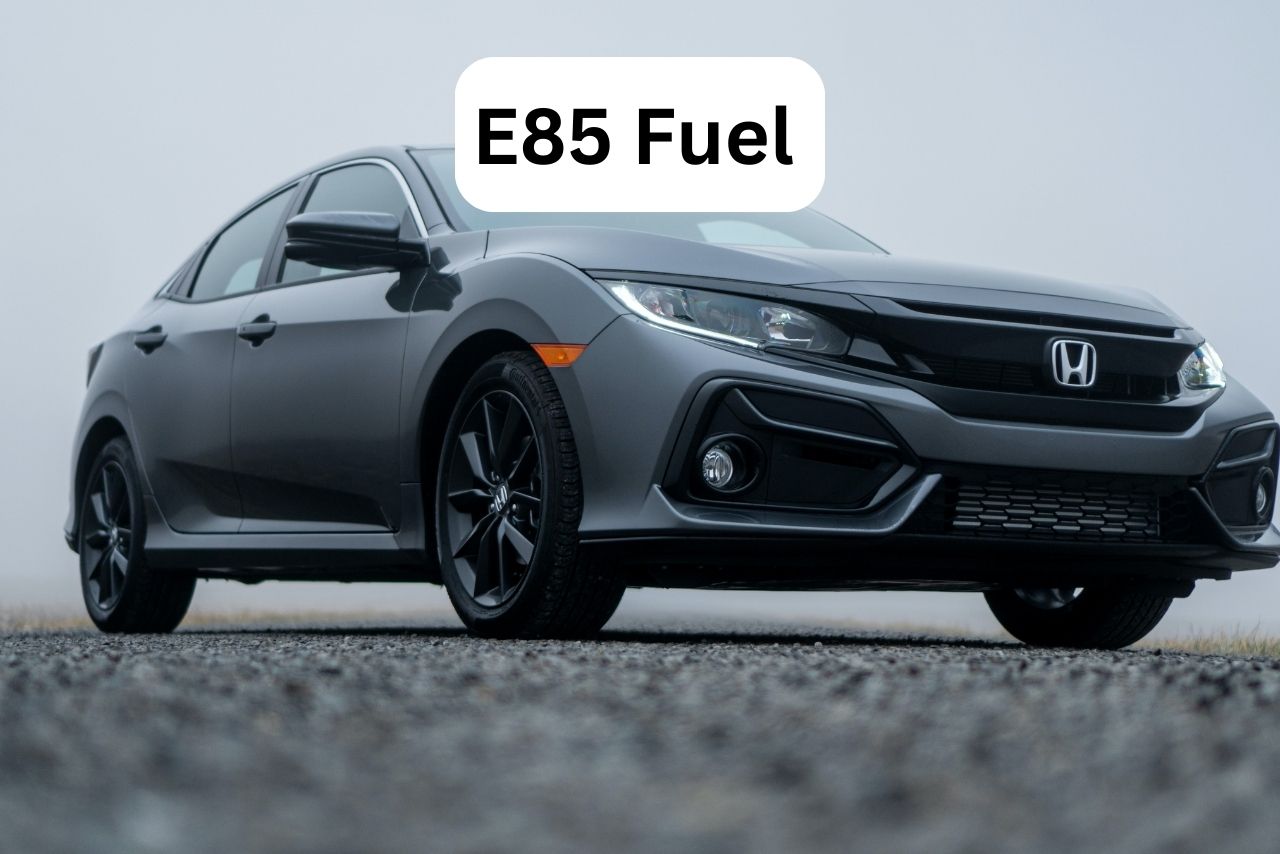
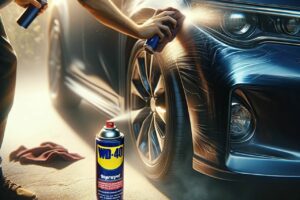



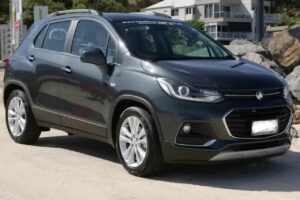
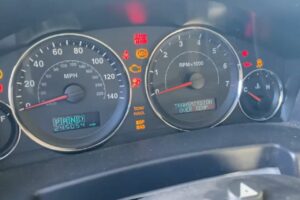
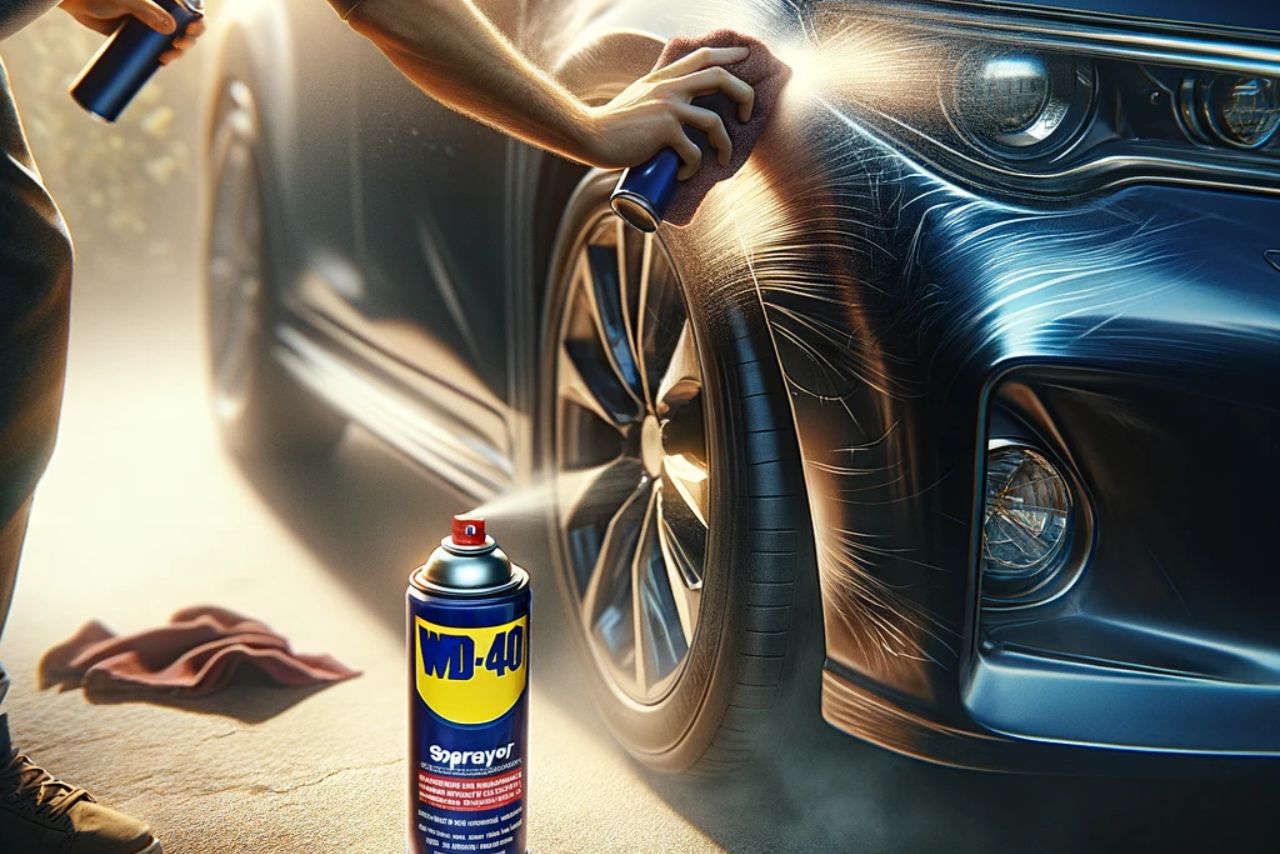
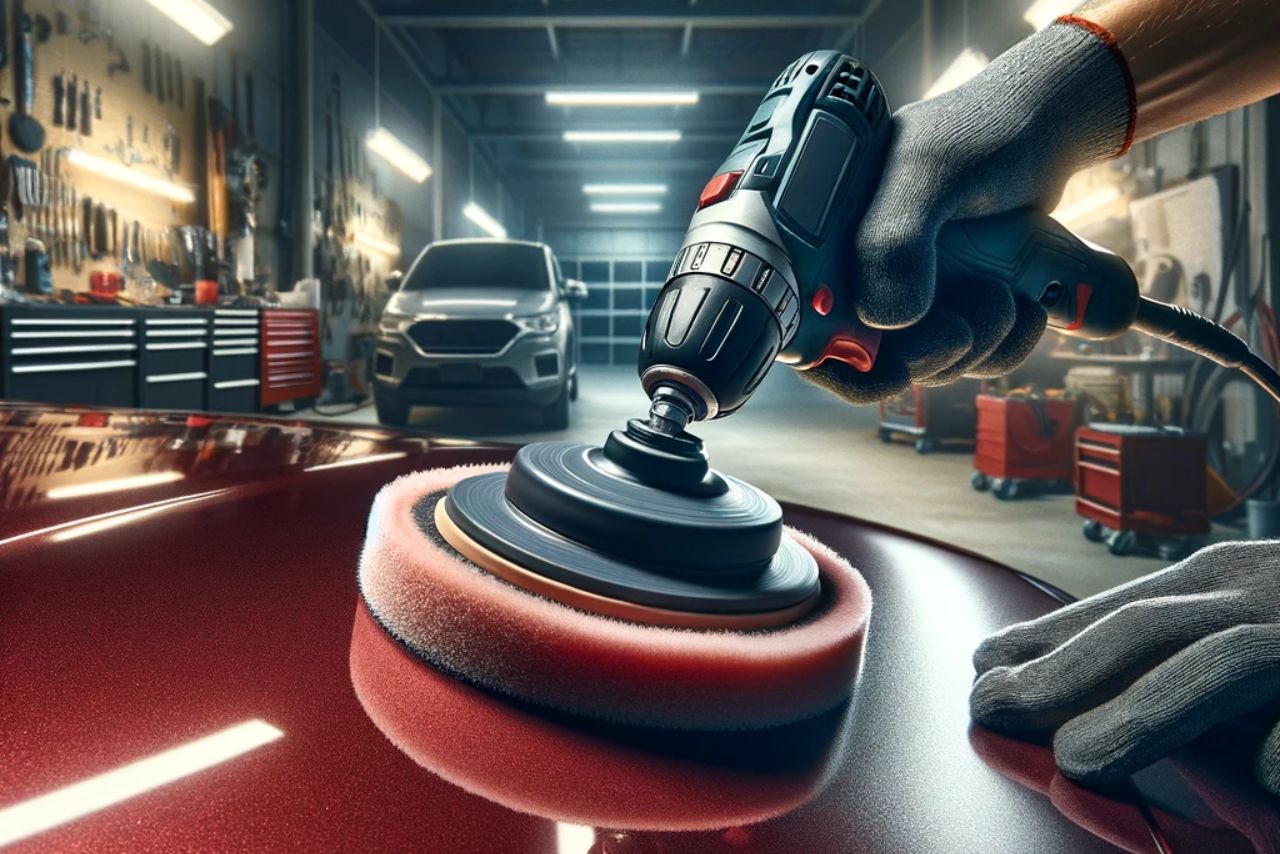
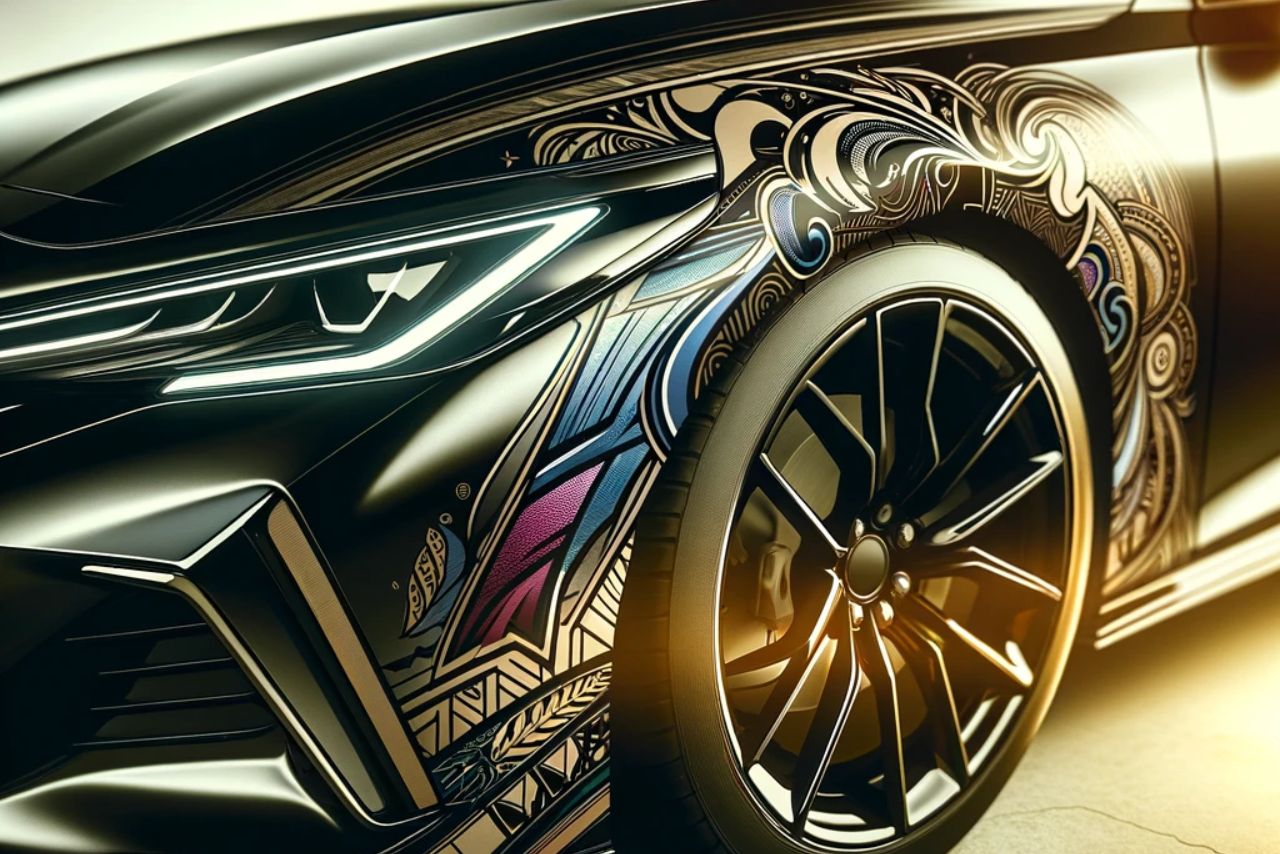
Leave a Reply